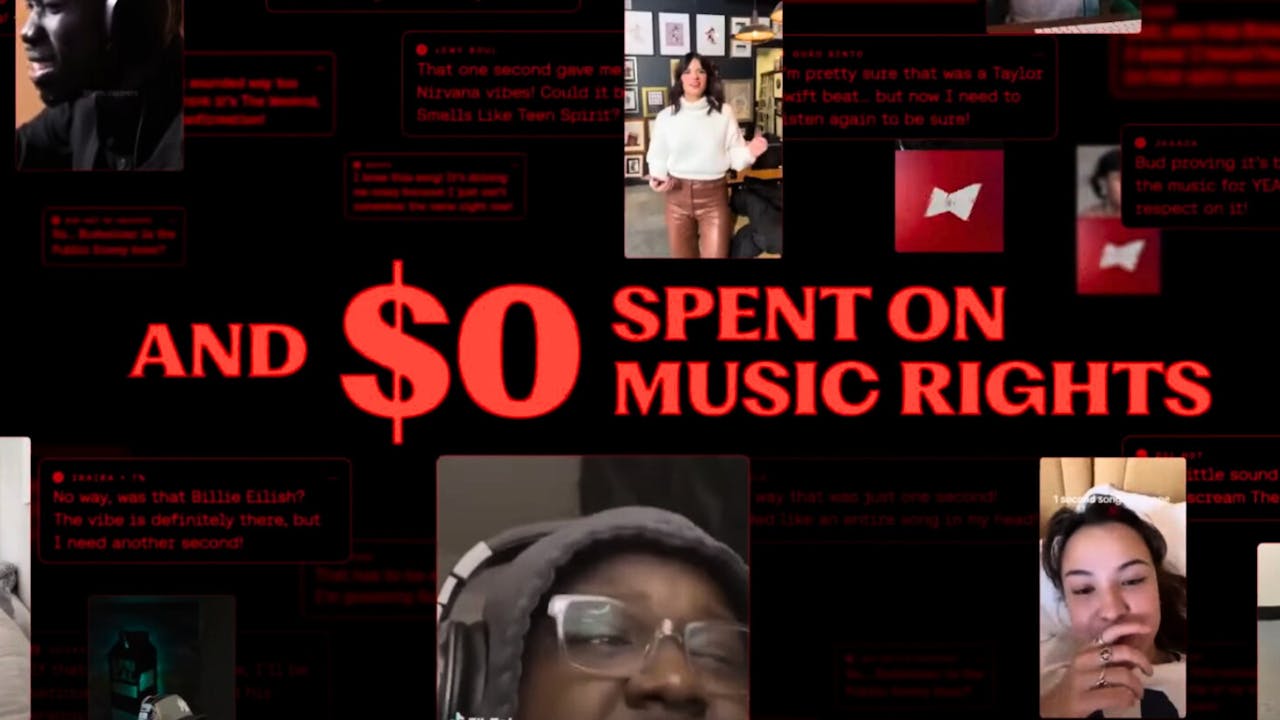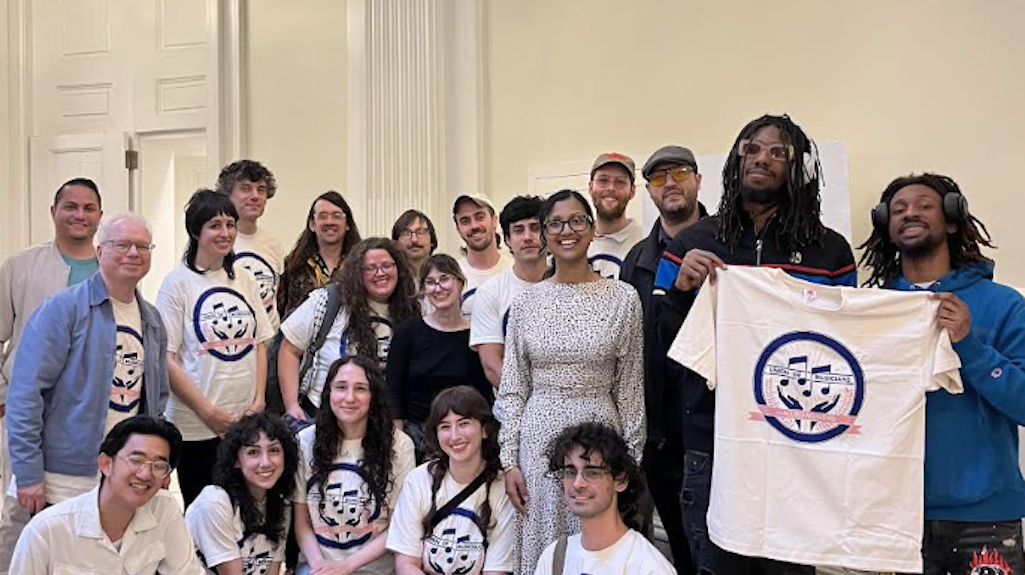Have you noticed how everyone who makes anything - music, art, essays, videos - is now dubbed a "creator"?
I was chatting to one of the UK's most successful long-form "video essayists" yesterday about a potential collaboration for Drowned in Sound's 25th Anniversary relaunch later this year. At one point, I was wondering whether they prefer the term content creator - as it's an aspirational term for a younger generation - rather than the more formal researcher & online documentary maker? She then flipped the question and discussed how reductive the term "YouTuber" is.
Having been dubbed a "blogger" rather than a critic, journalist or columnist, I related to this right away. The medium you operate on sends a message, and this is not always a helpful short-hand, but some kinda slight from those who see your output as less than. As whatever you do, no matter how engaging or illuminating, will always be in the same heap in their minds as the most throwaway examples, even if the same can't be said for the ills of "legacy media."
It's one thing using a term to 'other' and dismiss someone's work, but when did so many people, even those advocating for musicians' rights, start using the corporate language of the platform owners…?
This morning I saw a post by someone who campaigns for people who make music but rather than using a word like musicians, songwriters, or artists it was "creators" (not even Spotify's preferred "music creators") (tbf, I do still long for the days of "MySpace Bands" being a reliable sub-genre).
This mirrors how everything creative became "content" (BBC even appointed a new chief content officer this week - note how even the public service c-suite has adopted Silicon Valley's language). These aren't everyday, organic linguistic shifts, they're deliberate rebranding exercises from corporate boardrooms.
For me, this plays into the tech companies turning all human endeavour into the same glooooooop in their databases.
Glooooooop being a sort of broth where everything goes in and it all ends up tasting the same.
Glooooooop being an output, devoid of the creativity, skills, and the power of imagination, the truly human endeavour to envision something into being.
Maybe I'm misunderstanding the value of a catch-all term but it worries me to see the way "creator" is now the word that's everywhere. We've seemingly sleepwalked into what Adam Curtis calls HyperNormalisation, where the bizarre becomes accepted as normal without question.
It's much like my least favourite c-word "content" that spans from a brain fart tweet to a ten part Netflix Original, a Radiolab episode to a TikTok about eating a kiwi with the skin on, from a makeup tutorial to a video clip from a war zone shared in the public interest, a Super Bowl halftime ad to a 'buy my course' CTA, a Pulitzer Prize winning piece of investigative journalism to a three word Letterboxd review, the complete works of Shakespeare to 'Baby Shark'.
The labour, the resources required, the purpose, the attention economy incentives and the economic model of all of these outputs, posts and "things" varies greatly, so it benefits the broligarch billionaires to have a level of confusion, doesn't it?
To me, "content" is like a ball of plasticine that has been smushed together until it becomes a browny-purply-grey, unrecognisable from the bright colours it started out as. There's a reason that for a long while, calling a website a "content farm" was a dismissive term for search engine slop, and as we enter into a new era of the internet, things can only get worse.
I worry that language is often the first shift before the true descent [into fascism] really begins.
When we reduce everything to a cell in a spreadsheet, we remove the humanity from it. At a time when OpenAI, a company that's raised £46 billion1, claims its systems can't operate without ignoring copyright law, nearly half of musicians earn less than £14k per year2 and the UK is losing a grassroots music venue every fortnight3. While 43.8% of grassroots venues operate at a loss4, Daniel Ek, whose Spotify pays the majority of musicians pennies (and has defunded any song under 1000 streams), casually leads a £550 million investment in war-drone AI5.
At the same time, Budweiser are winning Cannes Lion awards for not paying music rights, and AI firms say their systems can't operate without ignoring copyright law whilst subservient government ministers, who are out of their depth and drinking from the unlimited Kombucha fountain6, it's a dangerous time to be diluting intellectual property and allowing any human endeavour to be dismissed or devalued, isn't it?
Thanks for reading. This article took 2 hours and 25 years of experience to write and edit. It was free to read due to the support of our members. If you enjoyed this, please consider becoming a paid subscriber or leaving a tip.
Related Read



Footnotes
- OpenAI raises total of $57.9 billion across funding rounds
- Classic FM: Almost half of UK musicians earn less than £14,000
- NME: UK losing grassroots music venue every fortnight
- Arts Professional: Four in 10 grassroots music venues operating at a loss
- Music Business Worldwide: Daniel Ek cashes out £600m+ in Spotify stock and CNBC: Spotify's Daniel Ek leads £550m investment in defense startup Helsing
- The Verge: Nick Clegg UK AI artists policy letter - Former Deputy PM claims asking artists for permission would "kill the AI industry"





